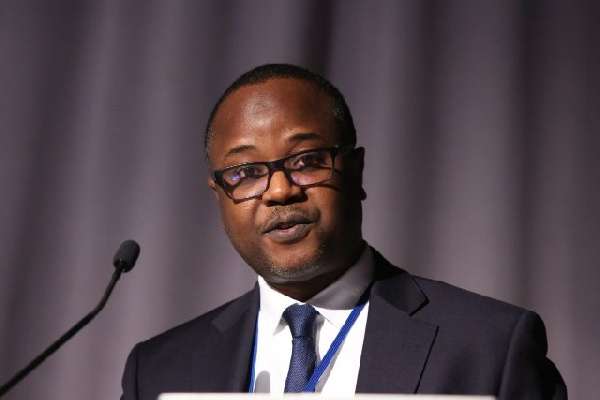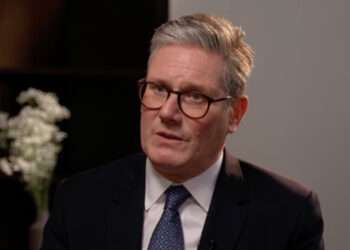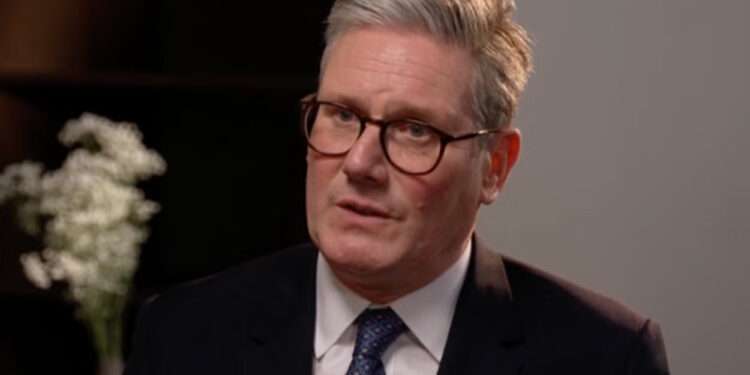Dr Opoku-Afari, the First Deputy Governor of Bank of Ghana (BoG), has indicated that the Central Bank is working tirelessly to make the Ghanaian Cedi strong to limit the impact of depreciation and inflation on the economy.
Dr Opoku-Afari stated this in an address read on his behalf by the Director of Research at BoG, Philip Abradu-Otoo, during a two-day training workshop organized by Journalists for Business Advocacy (JBA) on financial literacy for selected stakeholders in the Northern Region of Ghana. He stated that a strong currency boosts economic activities, which in turn, translate into economic growth.
According to the Deputy Governor, the strong reserves held up by the Bank of Ghana, has provided the necessary buffer for the local currency to withstand increased forex demand, consistent with the recent pick up in import demand.
“BoG is working hard to make the local currency strong, as it is necessary in sustaining the gains made so far in achieving macroeconomic stability in the phase of the raging COVID-19 pandemic.”
Dr Opoku-Afari
Dr Opoku-Afari acknowledged the harm the pandemic had on the global economy, which brought untold hardships to people and economies. Nonetheless, he noted that the Cedi remained stable throughout those peak periods of the pandemic which helped in stabilizing prices all over the country.
“the Cedi’s resilience during the pandemic has been so much, and contributed immensely to the generally stable price index in the economy.”
Dr Opoku-Afari
The First Deputy Governor asserted that as a Central Bank, one of its core mandates, among other policies, is inflation targeting. Therefore, BoG believes that transparency is key in promoting the credibility of the bank’s policies.
“This is the reason we take these engagements seriously in the hope that they sufficiently disseminate our policies to anchor inflation expectations and support the recovery process”.
Dr Opoku-Afari
The President of JBA, Suleiman Mustapha, advised economic and financial journalists to be more responsible in their reportage on financial issues for the public to appreciate the harm the COVID-19 pandemic has had on the world’s economies.
Mr Mustapha averred that economic and financial reporting is a complex but simple and interesting field, stressing that financial journalists must build their capacities to be able to report on the sector accurately.
He commended the BoG for being one of the major financiers of JBA activities in the past five years and assured that JBA would continue to collaborate with the relevant partners to achieve the needed results.
Participants were taken through topics such as monetary policy practice in Ghana, understanding inflation as a policy tool, understanding the balance of payments, and forex trading and foreign exchange markets.
The workshop was under the theme, “Understanding the Monetary Policies in a Post Pandemic Era”.
The workshop, which was organized by the Journalists for Business Advocacy (JBA), was fully funded by the Bank of Ghana.
It is no secret that inflation and depreciation are the two major concerns affecting the Ghanaian economy. The earlier the Bank of Ghana come up with workable policies to control them, the better for all businessmen and ordinary citizens in the country.
READ ALSO: Export Trade, Least Recipient Of Private Sector Credit In Ghana



















